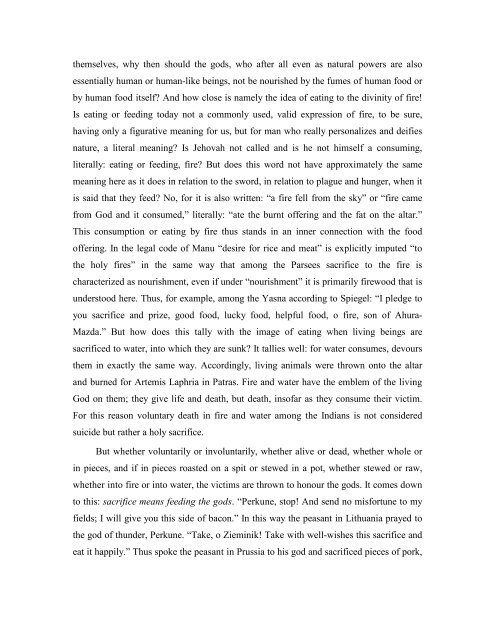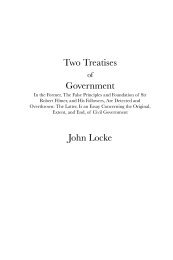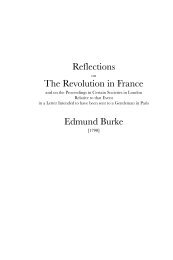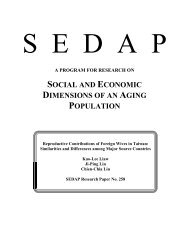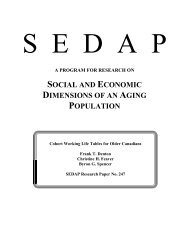Das Geheimnis des Opfers oder Der Mensch ist, was er iÃt The ...
Das Geheimnis des Opfers oder Der Mensch ist, was er iÃt The ...
Das Geheimnis des Opfers oder Der Mensch ist, was er iÃt The ...
Create successful ePaper yourself
Turn your PDF publications into a flip-book with our unique Google optimized e-Paper software.
themselves, why then should the gods, who aft<strong>er</strong> all even as natural pow<strong>er</strong>s are also<br />
essentially human or human-like beings, not be nourished by the fumes of human food or<br />
by human food itself? And how close is namely the idea of eating to the divinity of fire!<br />
Is eating or feeding today not a commonly used, valid expression of fire, to be sure,<br />
having only a figurative meaning for us, but for man who really p<strong>er</strong>sonalizes and deifies<br />
nature, a lit<strong>er</strong>al meaning? Is Jehovah not called and is he not himself a consuming,<br />
lit<strong>er</strong>ally: eating or feeding, fire? But does this word not have approximately the same<br />
meaning h<strong>er</strong>e as it does in relation to the sword, in relation to plague and hung<strong>er</strong>, when it<br />
is said that they feed? No, for it is also written: “a fire fell from the sky” or “fire came<br />
from God and it consumed,” lit<strong>er</strong>ally: “ate the burnt off<strong>er</strong>ing and the fat on the altar.”<br />
This consumption or eating by fire thus stands in an inn<strong>er</strong> connection with the food<br />
off<strong>er</strong>ing. In the legal code of Manu “<strong>des</strong>ire for rice and meat” is explicitly imputed “to<br />
the holy fires” in the same way that among the Parsees sacrifice to the fire is<br />
charact<strong>er</strong>ized as nourishment, even if und<strong>er</strong> “nourishment” it is primarily firewood that is<br />
und<strong>er</strong>stood h<strong>er</strong>e. Thus, for example, among the Yasna according to Spiegel: “I pledge to<br />
you sacrifice and prize, good food, lucky food, helpful food, o fire, son of Ahura-<br />
Mazda.” But how does this tally with the image of eating when living beings are<br />
sacrificed to wat<strong>er</strong>, into which they are sunk? It tallies well: for wat<strong>er</strong> consumes, devours<br />
them in exactly the same way. Accordingly, living animals w<strong>er</strong>e thrown onto the altar<br />
and burned for Artemis Laphria in Patras. Fire and wat<strong>er</strong> have the emblem of the living<br />
God on them; they give life and death, but death, insofar as they consume their victim.<br />
For this reason voluntary death in fire and wat<strong>er</strong> among the Indians is not consid<strong>er</strong>ed<br />
suicide but rath<strong>er</strong> a holy sacrifice.<br />
But wheth<strong>er</strong> voluntarily or involuntarily, wheth<strong>er</strong> alive or dead, wheth<strong>er</strong> whole or<br />
in pieces, and if in pieces roasted on a spit or stewed in a pot, wheth<strong>er</strong> stewed or raw,<br />
wheth<strong>er</strong> into fire or into wat<strong>er</strong>, the victims are thrown to honour the gods. It comes down<br />
to this: sacrifice means feeding the gods. “P<strong>er</strong>kune, stop! And send no misfortune to my<br />
fields; I will give you this side of bacon.” In this way the peasant in Lithuania prayed to<br />
the god of thund<strong>er</strong>, P<strong>er</strong>kune. “Take, o Zieminik! Take with well-wishes this sacrifice and<br />
eat it happily.” Thus spoke the peasant in Prussia to his god and sacrificed pieces of pork,


